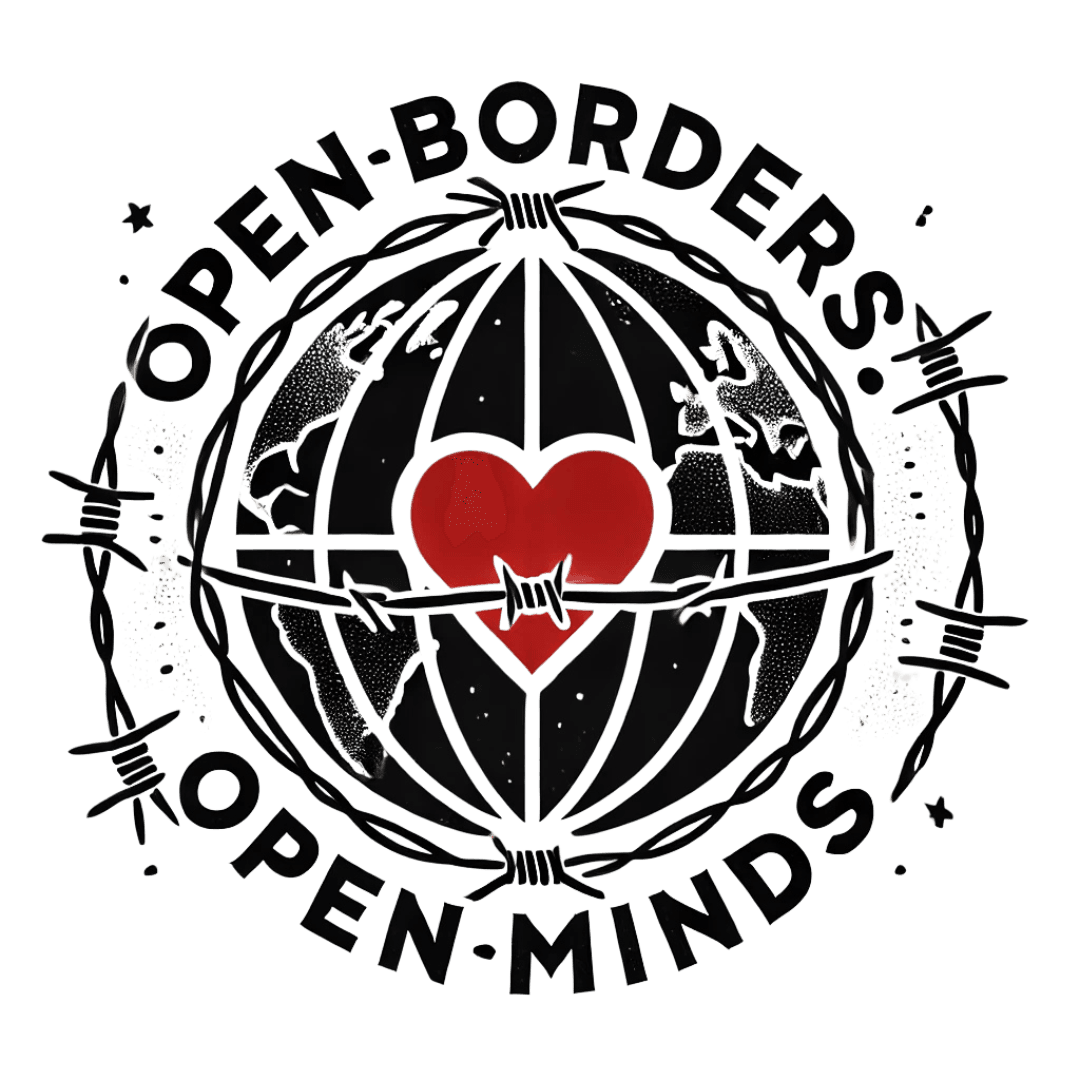Arizona's Role in Global Migration: A Podcast Perspective
Understanding Arizona's Unique Position
Arizona, a state known for its spectacular landscapes and diverse ecosystems, plays a significant role in the broader narrative of global migration. Nestled at the intersection of the United States and Mexico, Arizona serves as a critical point of entry and transit for many migrants seeking new opportunities. As global migration patterns shift, understanding the dynamics at play in Arizona is essential.

The Historical Context of Migration
Historically, Arizona has been a focal point for migration due to its geographical location. The state's history is replete with stories of settlers, indigenous peoples, and migrants who have traversed its lands. This historical context has shaped Arizona’s current role in global migration, providing a rich tapestry of cultural exchanges and economic interactions.
Over the years, Arizona's role has evolved with changes in immigration laws and policies. These shifts have influenced the flow of people across its borders, impacting local communities and economies. Understanding this evolution is crucial for comprehending Arizona’s current migration landscape.
Arizona's Modern Migration Dynamics
Today, Arizona continues to be a significant waypoint for migrants from Latin America and beyond. The state's proximity to Mexico makes it a natural transit route for individuals and families seeking better lives in the United States. This modern migration dynamic is marked by both challenges and opportunities for the state.

On one hand, Arizona faces logistical challenges in managing the influx of migrants. This includes providing adequate resources and support systems to handle the needs of incoming populations. On the other hand, migration brings economic benefits, enriching the state with diverse cultures and skills that contribute to its growth and development.
The Role of Podcasts in Raising Awareness
Podcasts have emerged as powerful tools for raising awareness about complex issues like global migration. By offering personal stories, expert insights, and diverse perspectives, podcasts can humanize the migration experience and foster greater understanding among listeners. In Arizona's context, podcasts can highlight the unique challenges and opportunities faced by migrants and the communities that support them.

For instance, local podcasts in Arizona often feature interviews with policymakers, activists, and migrants themselves, providing a platform for voices that are often underrepresented in mainstream media. These narratives help paint a fuller picture of what migration looks like on the ground and encourage informed discussions on policy and humanitarian approaches.
Impact on Local Communities
Migration significantly impacts local communities in Arizona, shaping everything from economic landscapes to cultural identities. Migrants contribute to various sectors such as agriculture, construction, and services, bolstering the local economy. Additionally, they bring diverse cultural practices that enrich community life and foster intercultural dialogue.
However, these contributions are not without challenges. Some communities face tensions related to resource allocation and cultural integration. Addressing these issues requires thoughtful policies and community engagement strategies that prioritize inclusivity and mutual respect.
Future Perspectives on Migration
Looking ahead, Arizona's role in global migration is likely to evolve further as global political and environmental factors continue to influence migration patterns. Climate change, economic disparities, and geopolitical shifts will play significant roles in shaping the future landscape of migration in the region.

By leveraging platforms like podcasts to foster dialogue and understanding, Arizona can position itself as a leader in addressing the complexities of global migration. Through collaboration between policymakers, communities, and media outlets, the state can develop more effective solutions that benefit both migrants and local residents alike.
